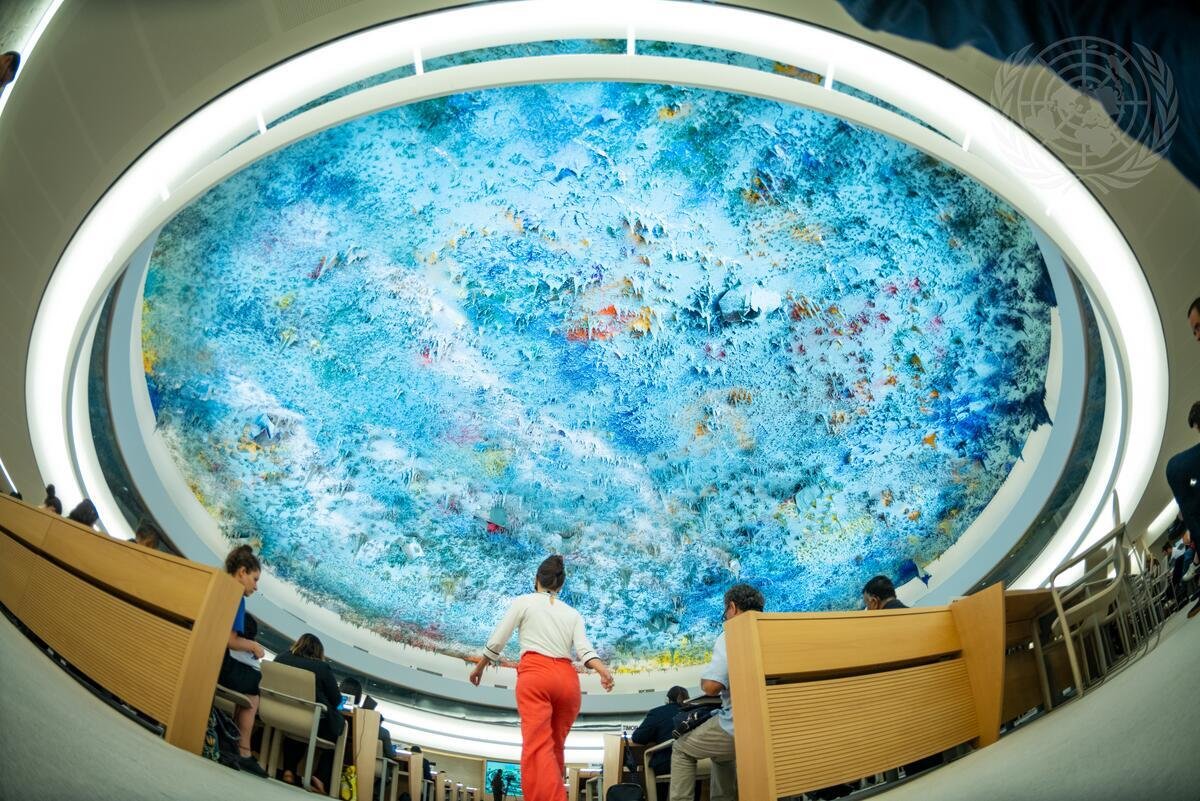WBO Advises Delegation of Black Organizations at the UN forum in Geneva
WBO statement
April 25 2024
The Washington Brazil Office (WBO) advised a delegation made up of seven Black organizations during the Third session of the Permanent Forum on People of African Descent, held from April 16 to 19, 2024, in Geneva, Switzerland.
The delegation was made up of representatives from the following organizations:
Marielle Franco Institute
Odara Institute of Black Women
Maré Networks
Agbara Fund
Black Women Decide Movement
Observatory of Whiteness
CEERT - Center for the Study of Labor Relations and Inequalities
“Our strategy was based on seeking dialogues with various interlocutors, such as permanent missions, UN employees, partner NGOs, academics and employees from ministries of different countries with the aim of strengthening the success of the creation of the Forum itself,” said Ana Barreto , WBO Gender, Diversity and Race Advisor.
In these dialogues, the Brazilian delegation reinforced to all interlocutors the importance of the so-called Durban Processes, adopted during the 3rd World Conference to Combat Racism, Racial Discrimination, Xenophobia and Intolerance in 2001 in South Africa and the need for a negotiating process to be established to reach a consensus on the UN Declaration on the Rights of People of African Descent. “This civil society diplomatic work is based on Brazil's historical experience in multilateral processes, mainly from the perspective of contemporary racial and gender equality movements in Brazil,” said Paulo Lugon Arantes, coordinator of the Europe Program of the WBO.
The delegation also participated in the Forum's plenary sessions, interacting on topics related to the processes of historical reparations, education, etc. As a concrete result, the first manifesto was presnted in a UN forum demanding a reparations scheme by the Portuguese State. Brazilian organizations published an unprecedented letter demanding reparations to the former colonial power.
In the same week that the letter was published, Portuguese President Marcelo Rebelo de Souza said in an interview with foreign correspondents: “We have to pay the costs (for slavery). Are there actions that were not punished and those responsible were not arrested? Are there assets that were looted and not returned? Let’s see how we can fix this.”
At the same time, work was also started with the Black Coalition for Rights and the ILO International Labor Organization (ILO) on the racial perspective of new forms of slavery in Brazil, which aims to remove the majority of these victims, who are Black, from political, social, and economic invisibility, breaking a historical and vicious cycle of exploitation and servitude.
The structured activity continues with the follow-up of negotiations during the session with the ILO and with sending suggested language to the draft Declaration that is being negotiated by the Durban Working Group.

